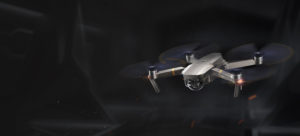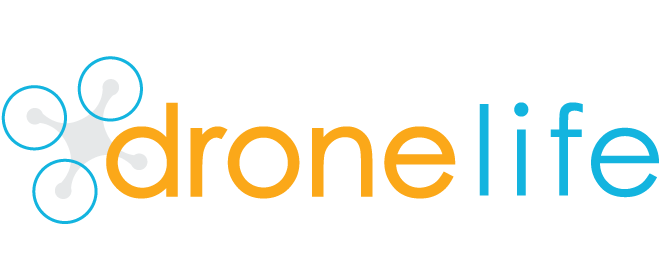 DJI‘s response to Remote ID, the FAA regulation released on Monday, is a positive one. The world’s largest drone manufacturer says that they will work towards complying with the new regulations.
DJI‘s response to Remote ID, the FAA regulation released on Monday, is a positive one. The world’s largest drone manufacturer says that they will work towards complying with the new regulations.
“DJI has long supported the FAA’s Remote ID initiative because it will enhance drone accountability, safety and security. The FAA’s deliberative process of reviewing over 50,000 public comments has resulted in a rule that will serve the whole industry, as operators move on to more complex drone operations that save lives and benefit society. We are reviewing the final rule to understand how DJI can take steps towards complying with the FAA’s upcoming requirements.”
DJI’s response to Remote ID is influenced by the elimination of the network requirement, a requirement which many in the industry criticized. DJI was early in the development of Remote ID technology, with the introduction of DJI Aeroscope in 2017. In a March 2017 whitepaper, titled “What’s in a Name?” DJI argued for a “balanced solution,” a non-network, localized approach. The non-network approach would provide enough information for security purposes, the company argued, without jeopardizing the reasonable privacy concerns of drone operators.
This localized approach is preferred to networked solutions, which raise a number of concerns. A networked solution requires network connectivity, most typically via mobile phone. There are various locations that lack reliable data signals, which would thwart theID system, as well as provide an excuse to a non-compliant operator. A networked solution also inherently raises the possibility that all UAS operations will be tracked and recorded for future unknown exploitation, including enforcement quotas or business espionage. A networked system is also susceptible to system-wide hacking, or the creation by detractors of false entries of drone operations that do not exist.
Updating the Existing Fleet
Drone operators have plenty of time to comply with the rules: drone manufacturers have 18 months to adjust their manufacturing and pilots a year after that to ensure that their drones are in compliance. Drone manufacturers, however, have a significant incentive to work as fast as possible to release compliant hardware, as it may effect purchasing decisions. If DJI is able to upgrade their existing products with a firmware update or other simple solution, many drone operators will breathe a sigh of relief.
Miriam McNabb is the Editor-in-Chief of DRONELIFE and CEO of JobForDrones, a professional drone services marketplace, and a fascinated observer of the emerging drone industry and the regulatory environment for drones. Miriam has penned over 3,000 articles focused on the commercial drone space and is an international speaker and recognized figure in the industry. Miriam has a degree from the University of Chicago and over 20 years of experience in high tech sales and marketing for new technologies.
For drone industry consulting or writing, Email Miriam.
TWITTER:@spaldingbarker
Subscribe to DroneLife here.

